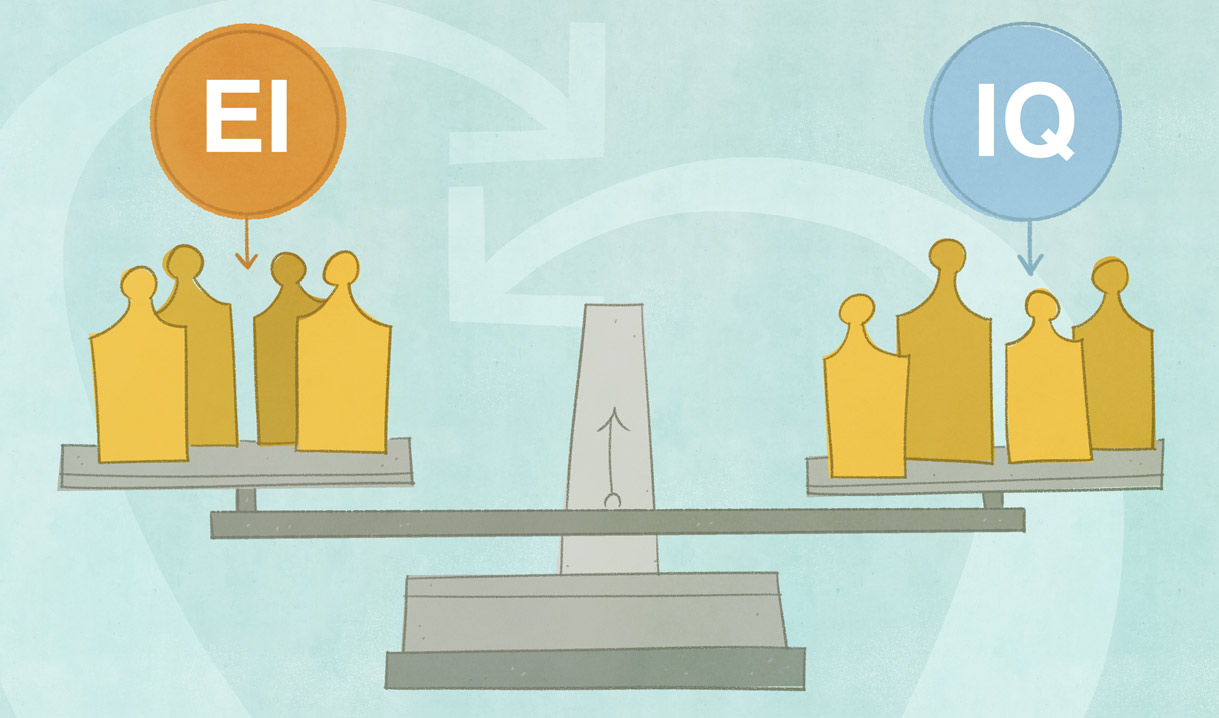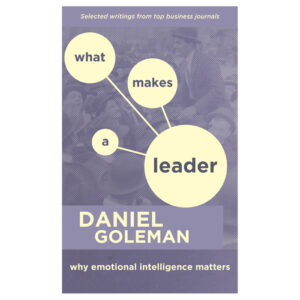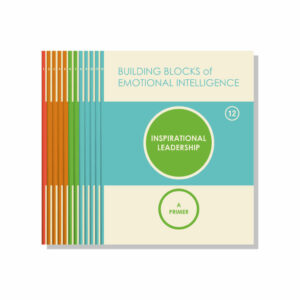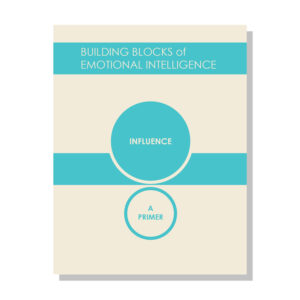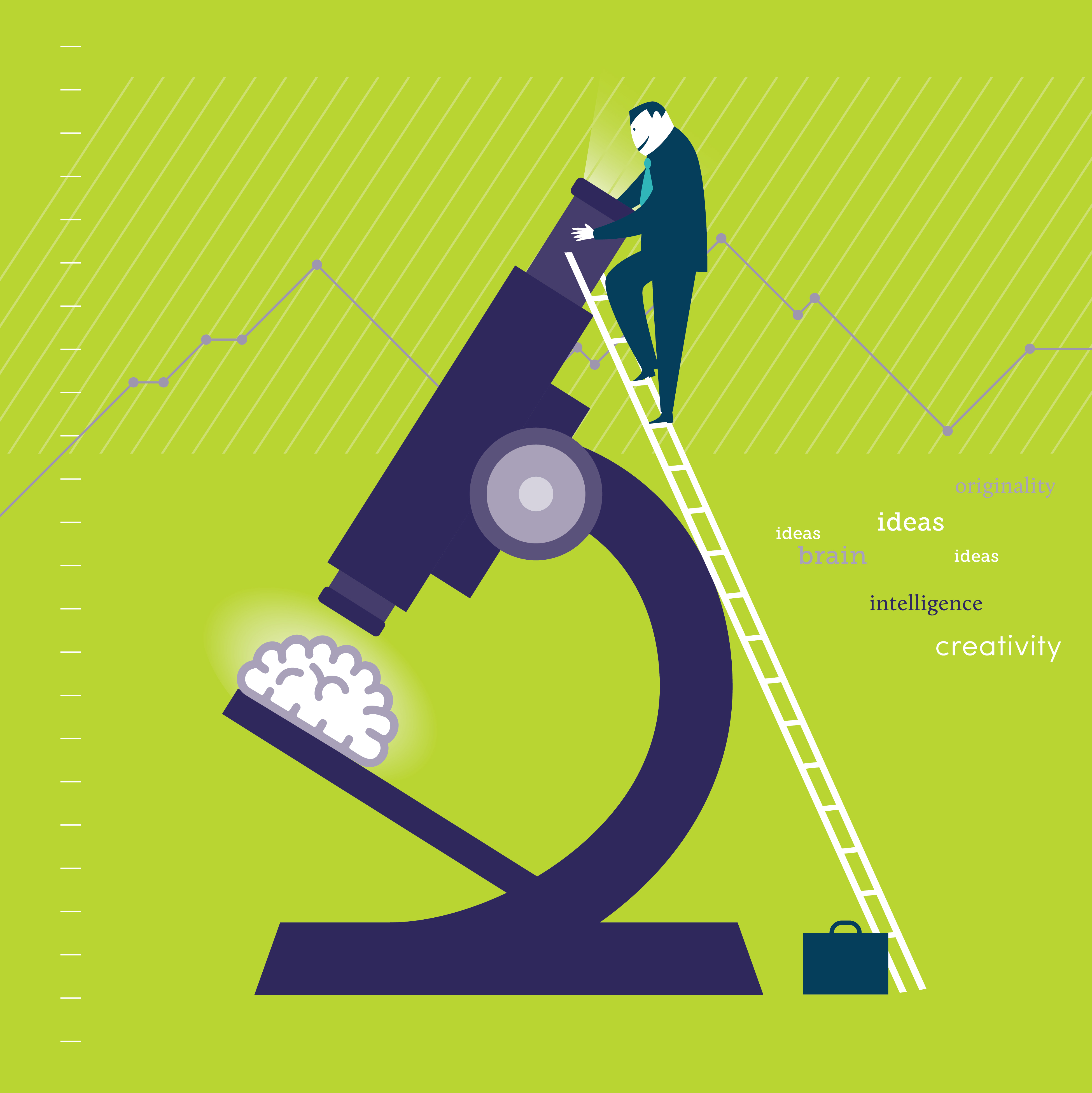
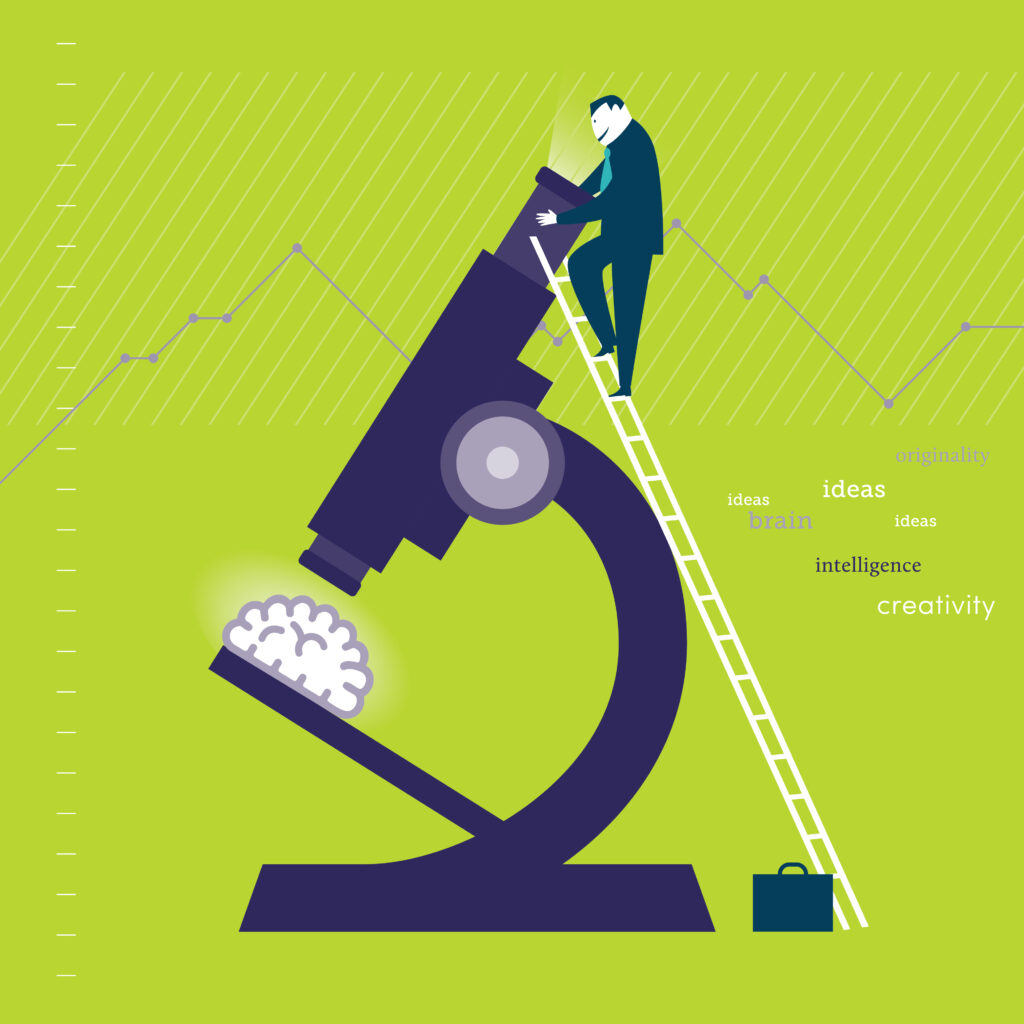
Leadership Development for the 21st Century
An effective ship captain makes sure his vessel’s systems are optimized to provide the best performance. As a leader, your brain is the navigational system steering the ship. To guide your organization in the right direction, you must optimize your brain and how you use it.
Science provides us with new information about optimal brain performance. Understanding how top-functioning brains work allows managers to choose leadership styles that enhance their ability to effectively focus on and perform their job. It also helps them seek out the right development partners. Just like a ship captain chooses the best experts to maintain and repair the ship’s systems, a wise leader will hire an executive coach or leadership development professional who understands the neuroscience behind their work to better provide the direction each leader needs.
Not Sure That Understanding Brain Science Matters?
Chances are you know a leader like this: Chris was furious after reading an email message saying a key project would miss its deadline. Chris stomped down the hall to the message’s sender and blew up, yelling “Missing this deadline is NOT an option! You all need to do whatever it takes to make sure we meet it!”
And, you must know (or have been) the people working for a leader like Chris. Some leaders think nothing of being tyrants, harshly ordering people around. On the surface, this might seem like it works. Employees will go along with whatever the alpha boss orders. But inside they’re saying, “I hate working for him.” That mindset does little to motivate a normally productive team.
In a recent article, Daniel Goleman explains that Chris’s behavior is caused by a particular brain system.
“Take that executive who lashes out, alienating the very people she depends on for her own success. Research by neuroscientist Joseph LeDoux at New York University tells us such emotional hijacks suggest an amygdala insufficiently controlled by the prefrontal cortex. That pattern of amygdala hijacks can be seen in toddlers, many teenagers – and quite a few executives. In the case of kids and teens, the normal maturation of the brain’s self-management circuitry should take care of the problem. For the executive, this could call for some focused work with a coach.”
A Wise Coach’s Strategy
Now, imagine you’re Chris and the CEO told you to work with a coach, Pat, on your leadership style. Your reaction? “Whatever! My style is fine!” But you’ll do what the boss says.
Pat realizes Chris needs convincing. And, Pat knows his knowledge of the neuroscience behind his advice will help. Pat doesn’t pull suggestions out of thin air. His coaching is based on understanding brain systems and using that information to make changes in leaders’ actions. He also knows leaders who understand brain science are more likely to buy in to change.
When Pat met with Chris, he said, “Your department has been very successful this past year, but I can help you accomplish even more. To motivate your employees to give their all, it helps to understand how minds work and how to manage ourselves and use a style that motivates employees to give their all. Science tells us about styles of relating that are very effective at inspiring and motivating people. And, more motivation equals more productivity. The good news is that brains can change with repeated practice and exercise. Let’s put this data to work for you.”

Brainpower: Mindsight and Emotional Intelligence in Leadership provides leaders, executive coaches, management consultants, and HR professionals with a science basis for their leadership development work. The live four-part webcast series with Daniel Goleman and Daniel Siegel takes place at 3:00pm – 4:00pm EST on the following dates:
Tuesday, February 2, 2016
Tuesday, February 9, 2016
Tuesday, February 16, 2016
Tuesday, February 23, 2016
Registrants will have access to the recorded discussions shortly after each broadcast.


